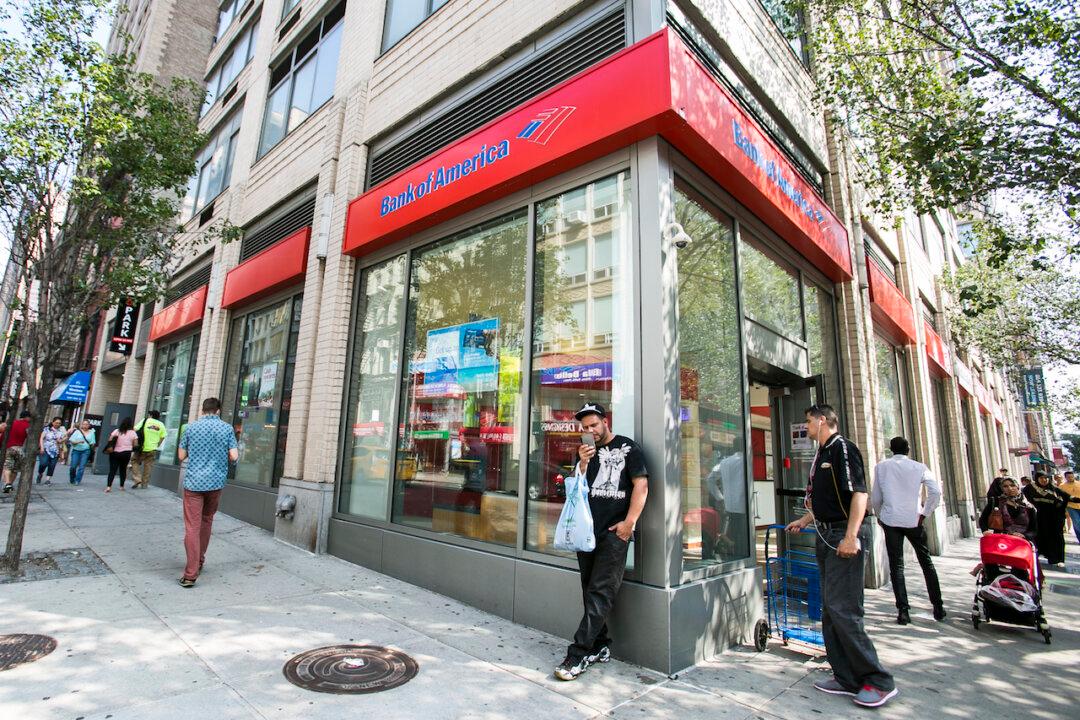A senior Bank of America economist said early signs of an impact of coronavirus on the U.S. economy were already visible in some leading indicators.
Michelle Meyer, Bank of America’s head of U.S. economics, said in a note on Feb. 28 that “it will take time for the ‘hard’ economic data to show the impact but we are already seeing evidence in early economic indicators.”





